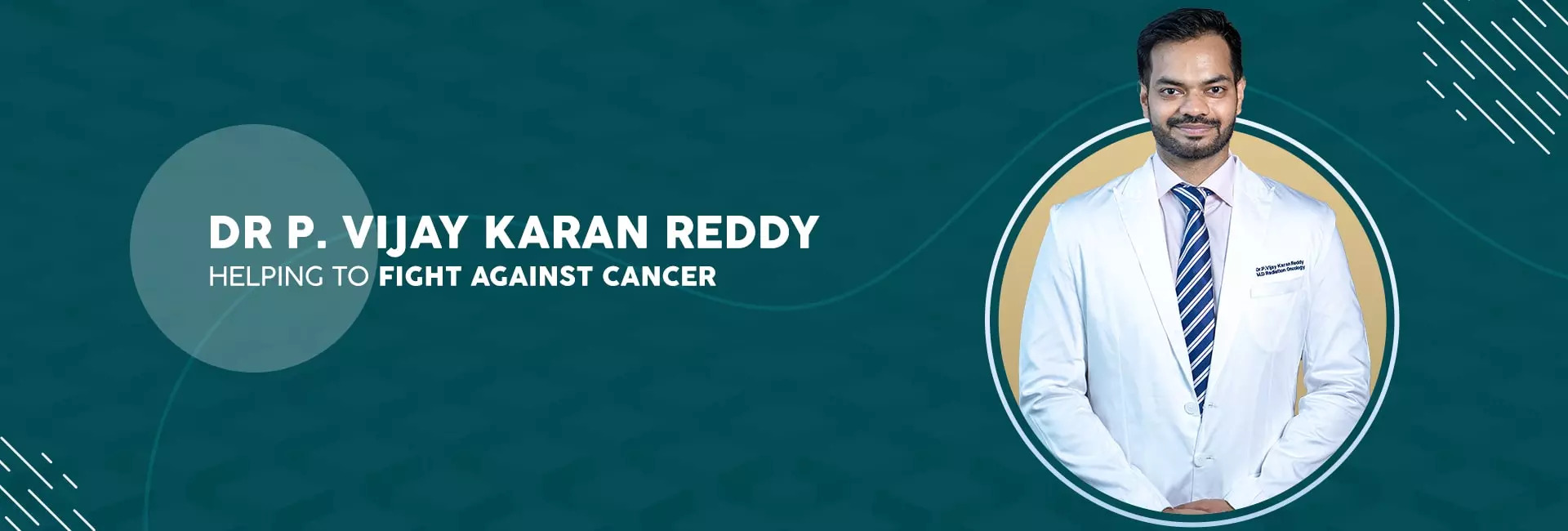Colorectal cancer, a term that often evokes images of a disease confined to the elderly, is casting a wider net, alarmingly encroaching on the lives of young adults. Traditionally pegged as a concern for those over the age of 50, the shifting demographic affected by this illness demands a fresh look and understanding, particularly among younger populations who might previously have considered themselves at low risk. This change underscores the importance of awareness, not just of the disease itself but of the risk factors, early signs, and preventative measures that can be the difference between life and death.
Understanding Colorectal Cancer
At its core, colorectal cancer is the uncontrolled growth of cells in the colon or rectum, parts of our digestive system that play crucial roles in the processing of food waste. The journey of this disease often begins innocuously, with small, benign growths known as polyps. These polyps, while harmless at the outset, harbor the potential to transform into malignant tumors over time. This transformation is not instantaneous but rather a gradual process, offering a window of opportunity for detection and removal before cancer can establish a foothold.
Risks Lurking in the Shadows
The risk factors for colorectal cancer form a mosaic of lifestyle choices and genetic predispositions. A family history of the disease significantly elevates one's risk, casting a long shadow over generations. Inflammatory bowel diseases, such as Crohn's disease and ulcerative colitis, disturb the normal functioning of the colon and rectum, creating an environment ripe for cancerous transformations. Dietary habits, too, play a pivotal role; a diet heavy in fats and light on fibers sets the stage for colorectal cancer. Moreover, a sedentary lifestyle, devoid of regular physical activity, compounds these risks, creating a perfect storm for the onset of this disease.
The Silent Advance
One of the most insidious aspects of colorectal cancer is its stealthy progression. In its early stages, it is a quiet invader, often presenting no symptoms, silently spreading its roots. However, certain signs can serve as harbingers of this disease, if one knows to look for them. Abdominal discomfort, unexplained changes in bowel habits, blood in the stool, and unexpected weight loss are all potential indicators. While these symptoms can stem from a myriad of less serious conditions, their persistence or severity warrants a conversation with a healthcare professional.
Fortifying Defenses
Prevention, a beacon of hope in the fight against colorectal cancer, is anchored in lifestyle modifications. Maintaining a healthy body weight and engaging in regular physical activity erects a formidable barrier against this disease. Dietary choices, too, wield significant power; a diet rich in fibers from fruits, vegetables, and whole grains, and low in fats, especially those from animal sources, can tilt the scales in one's favor. Additionally, steering clear of tobacco and moderating alcohol intake can further reduce the risk.
The Crucial Role of Early Detection
Early detection of colorectal cancer can dramatically alter the course of the disease. Traditionally, screening commences at the age of 50 for those at average risk. However, with the rising incidence among younger adults, those with risk factors such as a family history of the disease or personal history of inflammatory bowel diseases might need to start their screening journey earlier. Screening methodologies are diverse, ranging from colonoscopies, which provide a direct visual assessment of the colon and rectum, to non-invasive tests like fecal occult blood tests that can detect hidden blood in the stool, a possible sign of cancer.
The Path Forward
The journey of understanding, preventing, and combating colorectal cancer in young adults is multifaceted. It begins with education, extending beyond the traditional boundaries of age to encompass a broader demographic. Awareness of the risk factors and early signs is crucial, as is a willingness to engage in open dialogues with healthcare providers about concerns and symptoms. Lifestyle changes, while sometimes daunting, offer a tangible means of reducing risk. Moreover, advocating for and adhering to screening recommendations, even at a younger age, can significantly improve the odds of early detection and successful treatment.
In the face of this evolving challenge, the importance of research and community support cannot be overstated. Continued scientific inquiry is essential to unravel the complexities of colorectal cancer, particularly its increasing prevalence among young adults. Community support, whether through awareness campaigns, support groups, or educational initiatives, plays a vital role in demystifying the disease and empowering individuals to take proactive steps toward their health.
Conclusion
The narrative of colorectal cancer is evolving, with an increasing number of young adults facing this challenge. This trend highlights the importance of adopting a proactive approach to health, armed with knowledge and vigilance. Being aware of the risks, recognizing the early signs, adopting preventative measures, and prioritizing early detection are crucial in this fight.
Ultimately, the ability to alter the course of colorectal cancer rests not only in the hands of Oncologists but also in each individual's commitment to taking informed and proactive steps towards their health. The battle against colorectal cancer extends beyond a medical challenge; it is a call to action for everyone to invest in their health, both now and in the future. Consulting with the Best Oncologist in Hyderabad, such as Dr. Vijay Karan Reddy, and exploring options for Colorectal Cancer Treatment in Hyderabad can be vital steps in this collective journey towards a healthier tomorrow.


